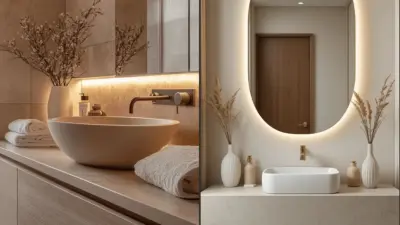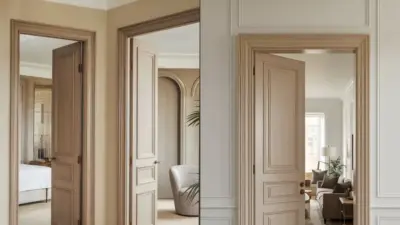Not all renovations are created equal, even if we’re just talking about upgrading the bathroom. Some projects may only need surface-level remodelling, while others might require a complete overhaul. When it comes to bathroom renovations, your options are not limited to just full or partial.
Cosmetic Refresh and Refinish
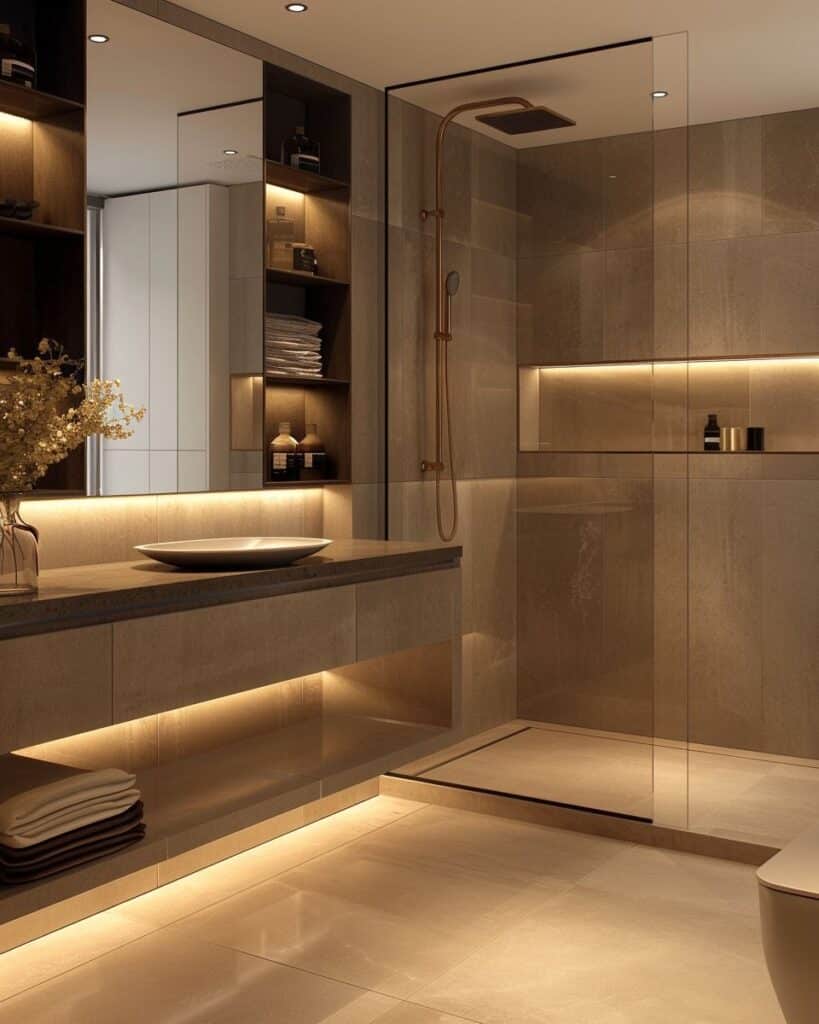
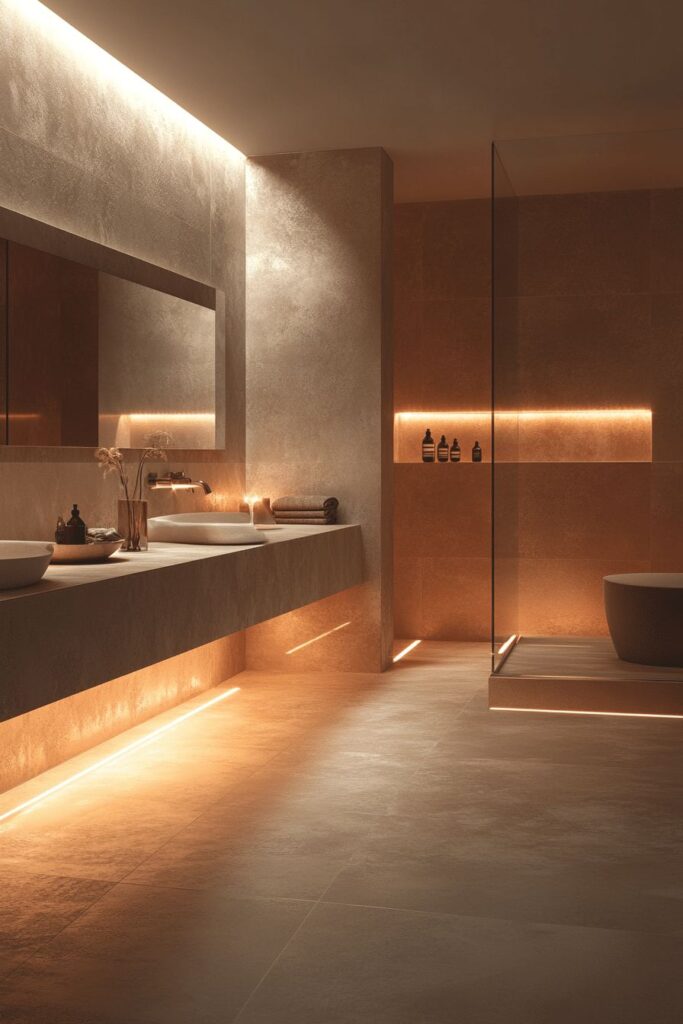
If your bathroom still works with no issue on structural integrity, surface-level upgrades may be enough, especially if it’s just tired and dated. The main goal is to update the aesthetics, adding contemporary touches here and there, for example.
- A more affordable option with a shorter timeline and lower labour cost, perfect if you’re on a tight budget
- Most effective in bathrooms with no water damage or plumbing issues
- May or may not require professional help from building contractors or plumbers
Common cosmetic upgrades include:
- A new paint job or wallpaper
- Tile replacement or rerouting
- Updating or replacing hardware and fixtures
- Changing old tapware with newer, more advanced options
Smart Swaps
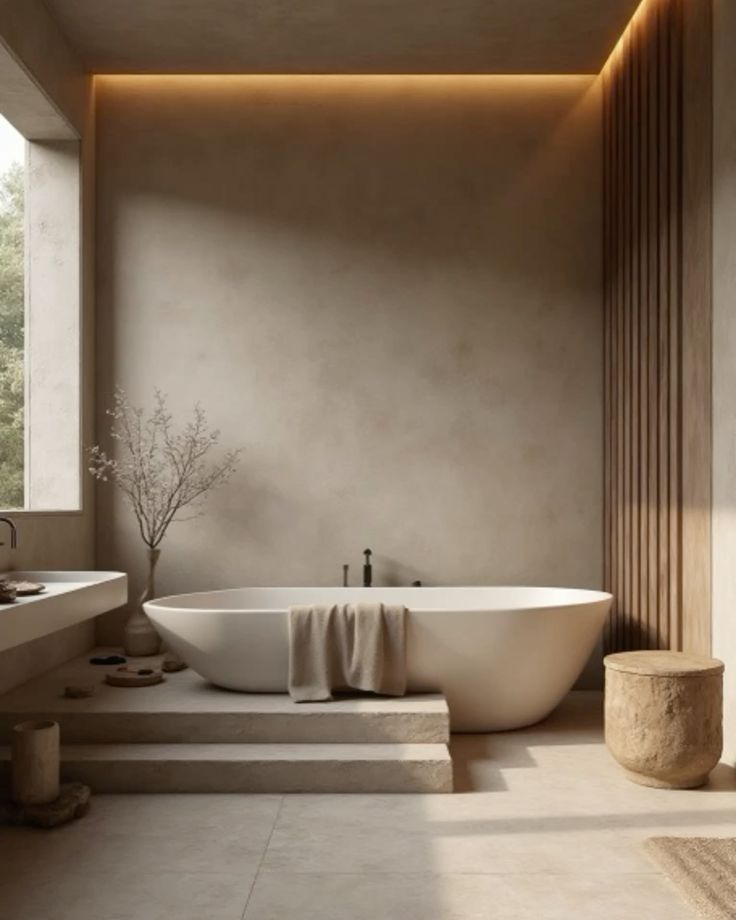
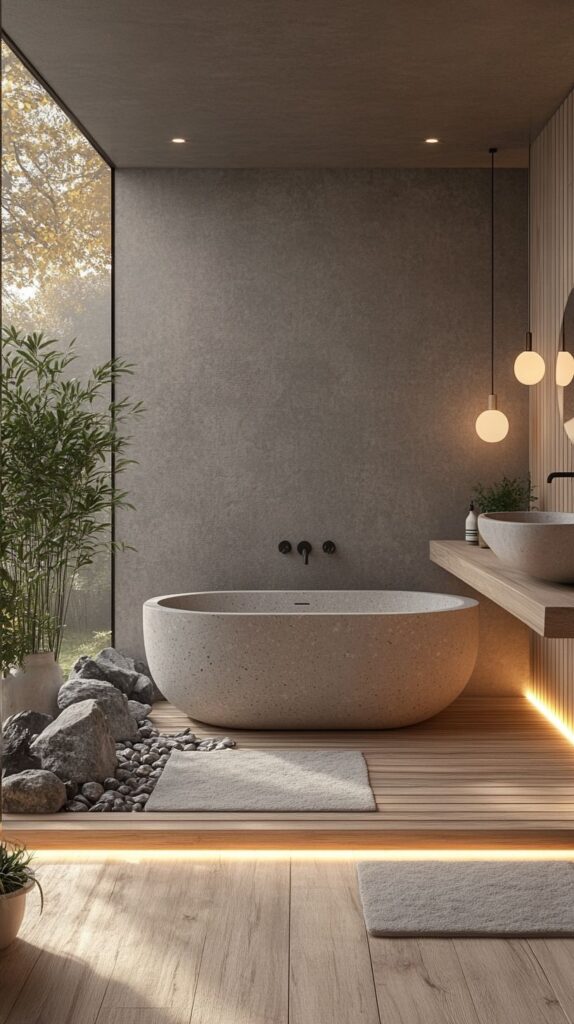
If the problem isn’t the aesthetics or overall functionality, a few upgrades on the fixtures might make your bathroom look almost new and fix whatever problem exists, whether you’ve known about it or discovered it during the renovation. Some of the features commonly replaced during this upgrade are the toilet and bidet, vanity, and lighting system.
- Boost bathroom efficiency in terms of energy and water consumption
- Enhance user experience with comfort-boosting upgrades, such as installing a freestanding tab for a spa-like experience
- The project retains the original layout and is carried out gradually
Rethink the Floor Plan
This renovation project touches on the bathroom layout with a goal to reconfigure the flow of the space, requiring you to create a renovation checklist. This is usually carried out for several reasons:
- Improve cramped or inefficient areas
- Add more storage solutions for effective organisation
- Improve zoning to ensure dry areas stay dry
Layout alteration doesn’t always mean a complete overhaul, but there are similar components involved.
- Plumbing and electrical lines are likely to be affected
- Council approval is necessary when the work involves changing the walls, floors, or ceilings
- More expensive and time-consuming to complete
Partial Remodelling
A good example of a partial remodel is when you replace an existing shower with a walk-in model or retile the wall and floor of specific zones rather than the entire bathroom.
- It offers a good balance of making noticeable improvements without spending a fortune
- Focuses on fixing problem areas or a stylish makeover
- Targets frequently used parts of the bathroom, resulting in premature wear and tear
- Often carried out for the purpose of staging a home for sale
Full Renovation
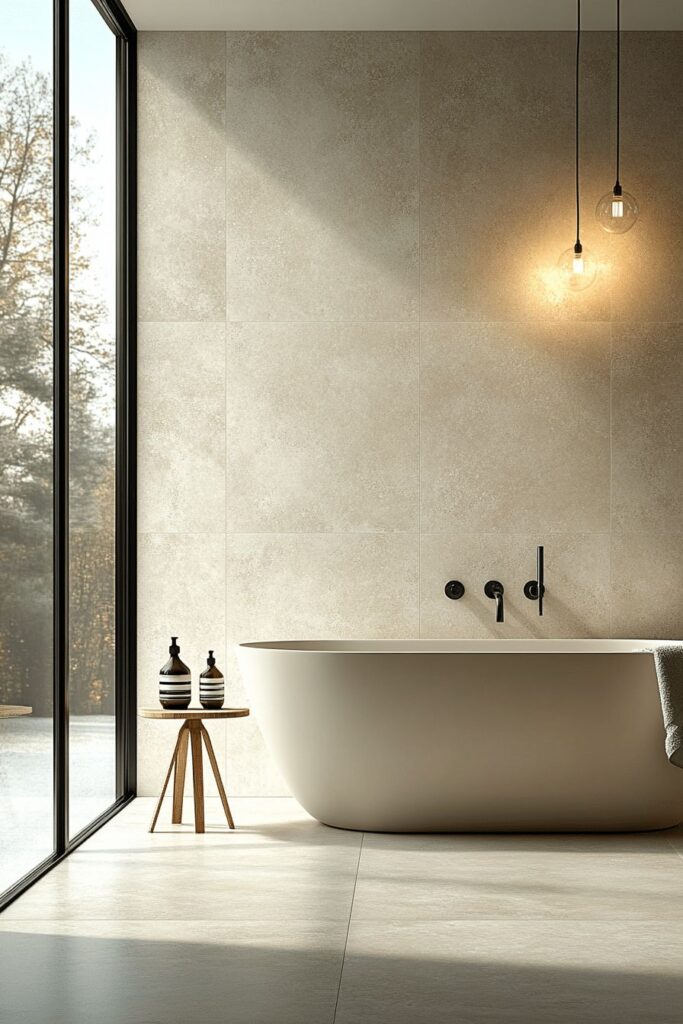
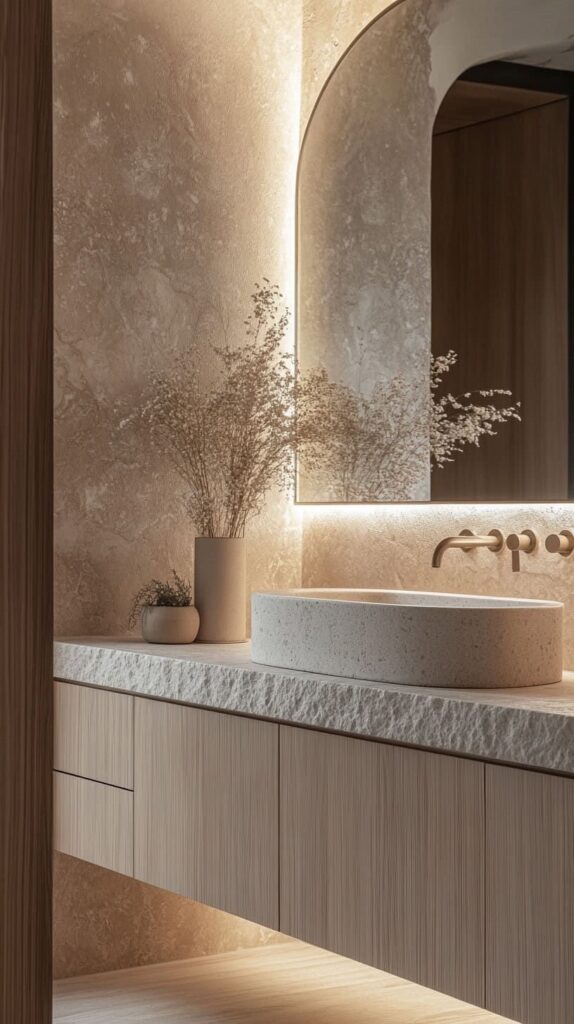
Full renovation is comprehensive, often involving a demolition, a complete rework of plumbing and electrical systems, and installation of brand-new fittings. It’s what you do when you want to make an entirely new bathroom, not a new-looking one with the same bones.
- Outdated or problematic, you have a wide range of excuses to fully renovate a bathroom
- Everything is new, from the layout to the fittings
- Takes on an entirely new design and configuration
- Expect to spend more but receive long-term value when done right
Inclusive and Future-Proof Design
At some point in your life, you may need to change your bathroom to accommodate your ageing needs.
- Replace a shower to make it more accessible, complete with grab bars and non-slip flooring
- Switch to high-toilet seats or install a toilet lift
As you can see, there are many ways to renovate a bathroom, depending on the scope and budget. Whichever project you want to undertake, Only Bathrooms GC can help with upgrading your bathroom for optimum results.
- 0shares
- Facebook0
- Pinterest0
- Twitter0
- Reddit0


